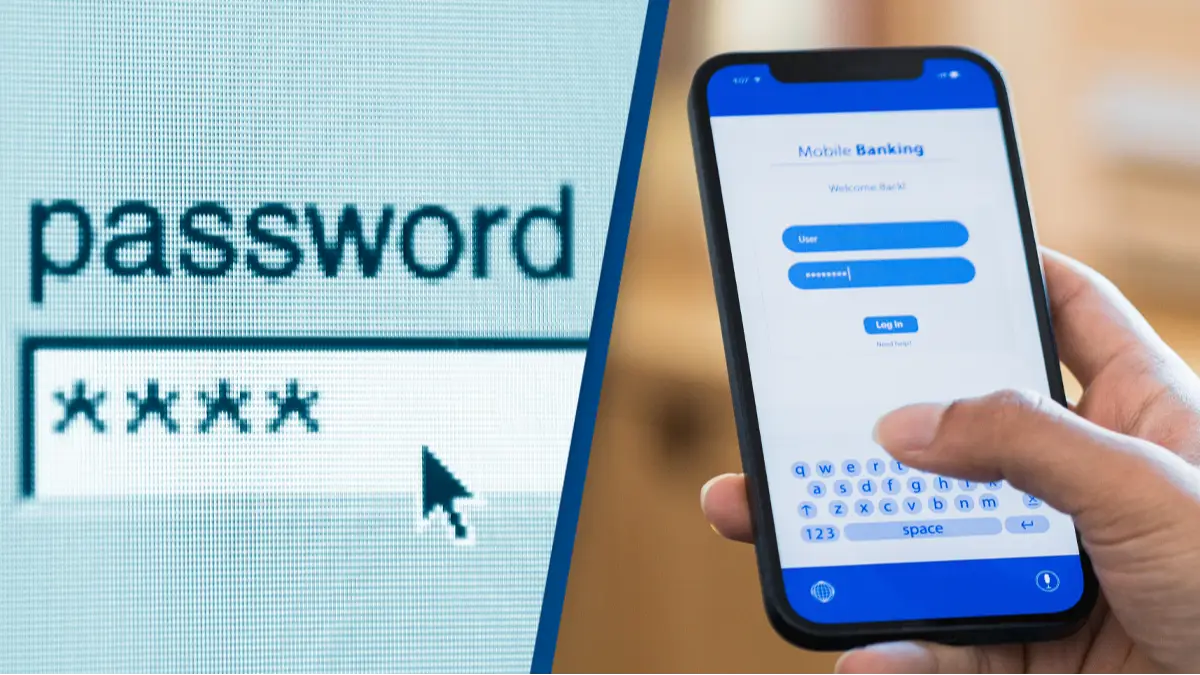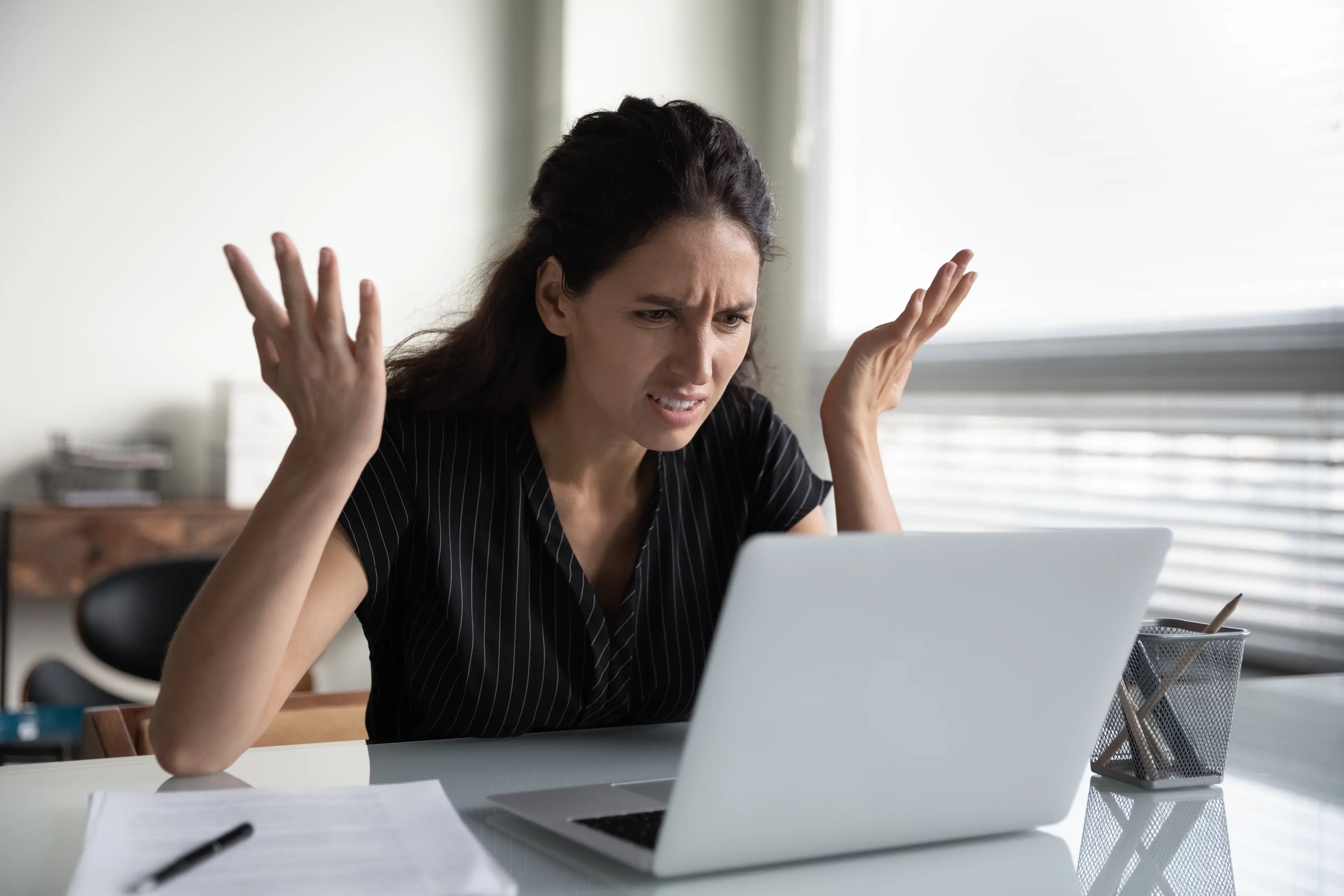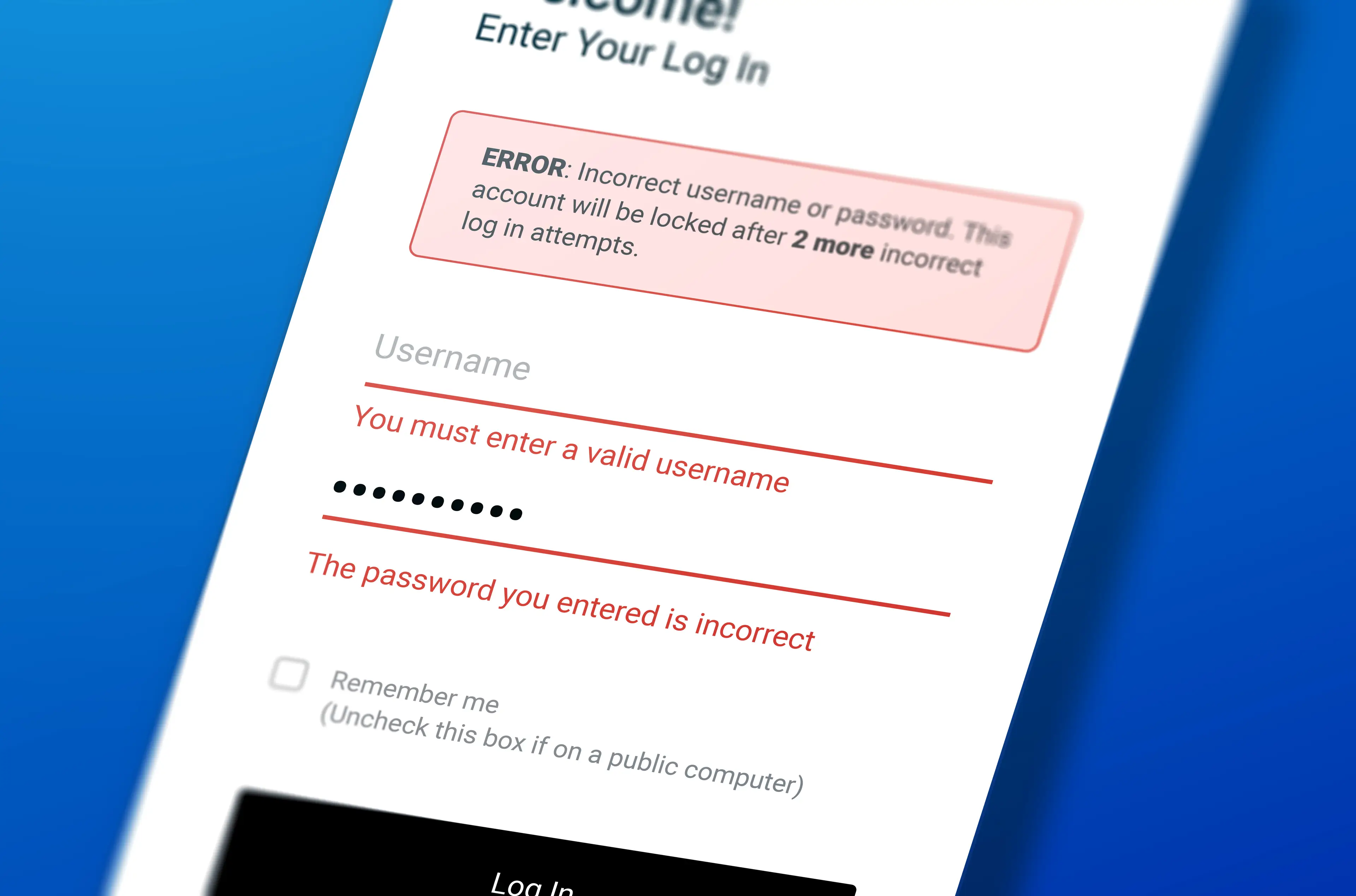
An expert in cyber security has warned against four types of passwords that hackers could easily guess if trying to access your information.
Ah, the age old debate: do you pick a 'secure' password for your account, or one you can actually remember?
The fact of the matter is, something like 'purple1' is much easier to recall than 'adfVSadg352', but if a password is simple to remember, chances are it's easy to guess.
Advert
But in spite of the risks, many of us still opt for those easy passwords with just slight variations if the page requires a special character or an extra number.
With that in mind, Dr. Harjinder Singh Lallie, a professor and expert in cyber security from the University of Warwick in the UK, has warned against four types of passwords that could put you most at risk when it comes to cybercrime.
Speaking to UNILAD, Dr. Lallie explained that hackers have a 'few tactics' to crack people's passwords, one of which is called 'bruteforcing'.

A brute force attack is one in which a hacker tries 'multiple, sometimes, thousands, even tens of thousands ‘random’ passwords until one works'.
Having a limited number of password attempts helps prevent this from happening, but if your password is easy to guess, hackers might only need a few guesses to get it right.
Dr. Lallie revealed four categories of passwords in particular that people 'shouldn't use'.
These include: Family names, place names, car names and obviously any combination of ‘password123’.
And before you start to dismiss the notion that you might be at risk, it's worth noting that adding an extra number or an exclamation mark to these words doesn't make them any safer.
"Changing password123 to Password321 is bad in many ways," he said. It wouldn't take a genius to crack that change.

To help make sure you're as protected as can be, Dr. Lallie recommended using a 'system' which involves two or three items and a number that mean a lot to you.
"This enables me to reset the password every month – as we are advised to do," the professor explained.
"If I choose this system, I just need to remember a date, a city and a place. Other alternatives are PlayerTimeProgramChannel, so: Harland1605BGT103.
"As long as I have my ‘system’, I can create complex passwords better than what I have currently. NOW I can make them more secure by substituting a 0 for an @, a 1 for a ! an ‘a’ for a 4, so it now becomes H4rland16@5BGT!03."
Dr. Laille admitted that this process can 'take a bit of getting used to', but added: "Once you train yourself like this, you just need to stick to your system."
Coming up with your 'system' might sound tough, but it would definitely be less hassle than having your social media accounts or emails hacked!
Topics: Technology, Crime